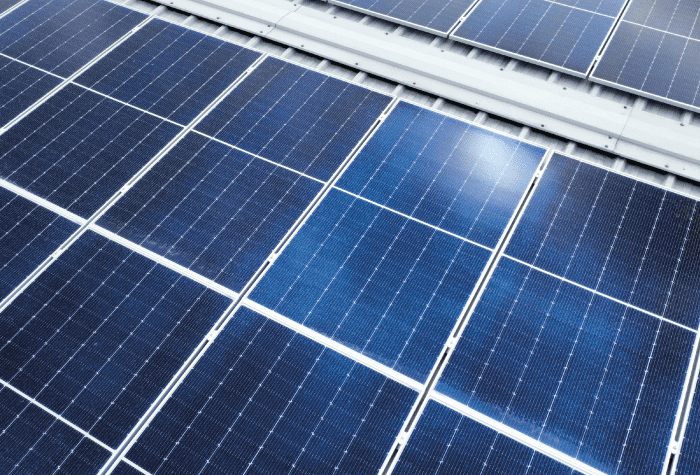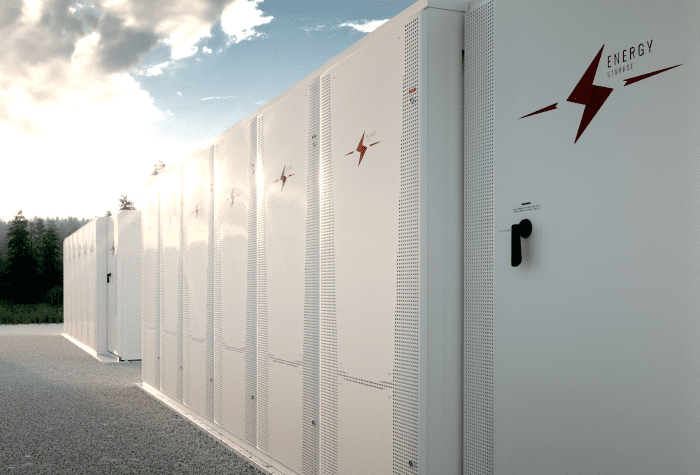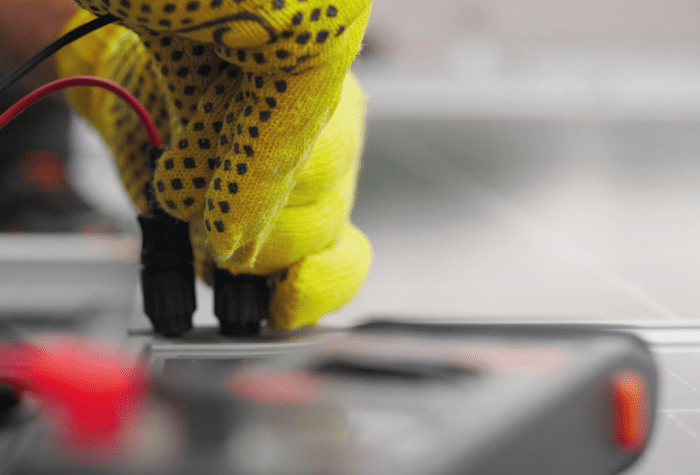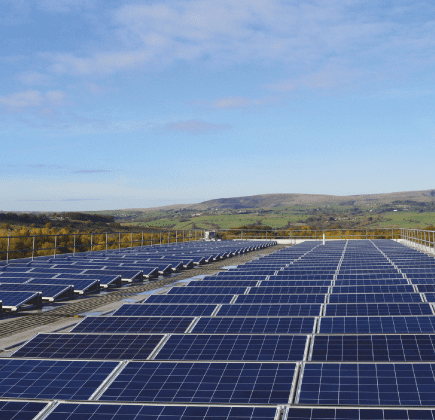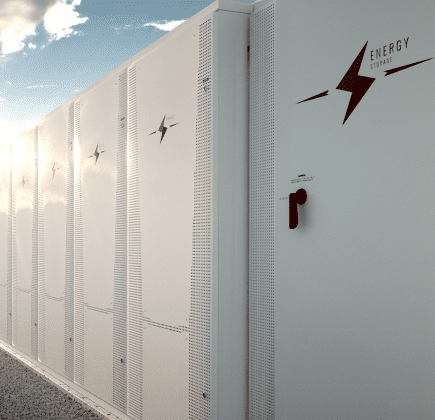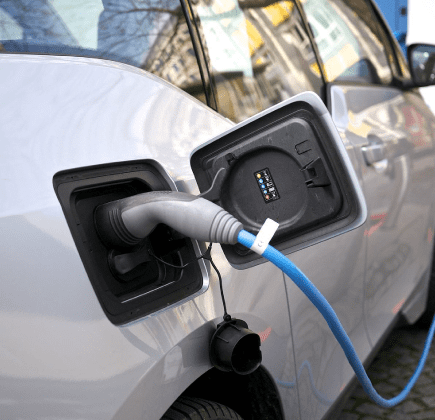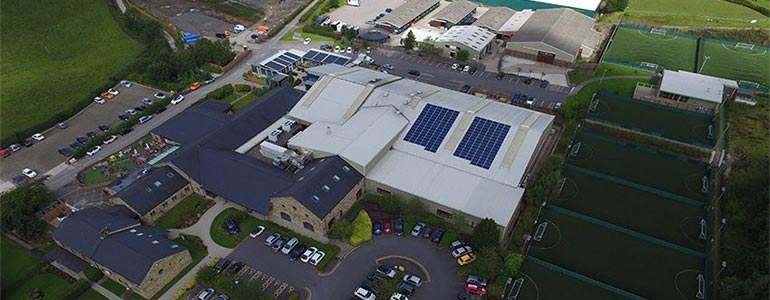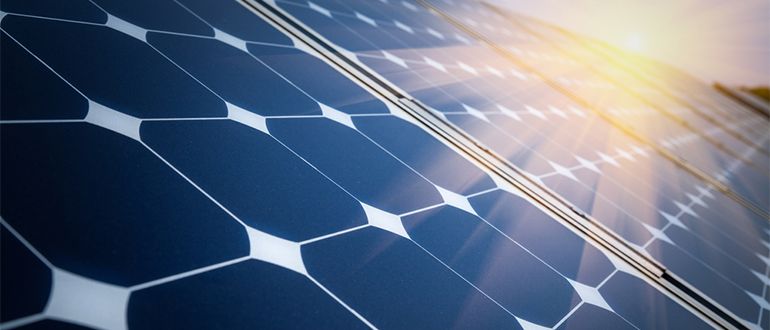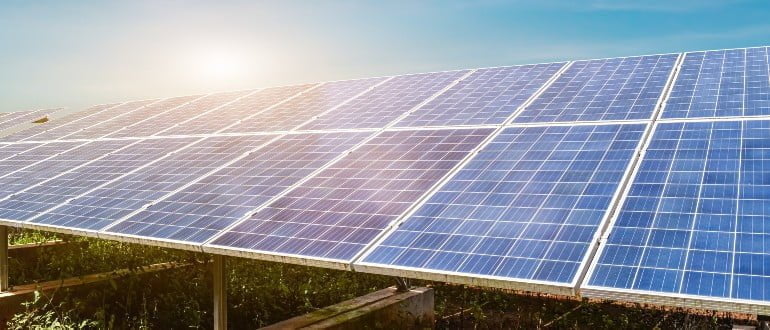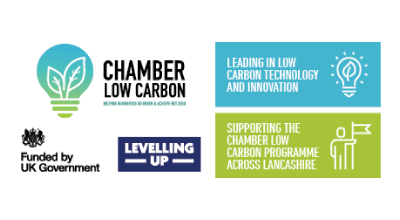- UK: 01282 421 489
- IE: 00 353 913 981 80

By now, you’ll know the thrust of the current energy crisis – wholesale gas prices are going up, which means everything is about to get a whole lot more expensive for families and businesses alike. On the 3rd of February 2022, Ofgem announced an increase to the consumer energy price cap, which means that millions of households will see their energy bills rise by about 54% from Spring 2022 onwards, equating to an extra £693 a year.
Crisis is very much the word. Right now, the government is still working on a range of possible solutions. Commercial solar panels can provide a useful respite for businesses, but obviously not every individual family can be expected to bear the cost of solar panels. Instead, experts and politicians alike have pointed out that the best way out of the energy crisis is for the government to shuffle its priorities, placing a greater focus on renewable technologies so that the UK can insulate itself from the fluctuations of volatile gas markets.

Energy crisis underscores need for Net Zero delivery
Now, as we’ve briefly touched on above, the current energy crisis is driving a general rise in the cost of living, and the vast majority of that is down to the rise in wholesale gas prices. There’s no single cause of this gas price rise – it’s more to do with a combination of multiple factors.
For starters, the longer winter of 2021 meant that European and Asian countries burned through significantly more of their existing gas reserves in order to heat their homes. The multiple lockdowns that many countries suffered didn’t help either, as that meant demand was higher and production was lower. Plus, the weather was less windy over the last summer. With less wind power available for electricity, that meant that once again the world turned to its existing gas reserves.
The entire situation has shone a harsh, unflinching spotlight on the UK’s reliance on fossil fuels. While we’ve made some good progress on this front before, we’ve evidently still got a long way to go, as our domestic gas prices remain inextricably tied to volatile international markets. Some have also pointed out that the impact of the current crisis may have been lessened if more had been done to ensure everyone’s home is well insulated.
Up until now, the main thing protecting consumers from these price rises was the energy price cap. Ofgem initially resisted moving this cap, to the extent that it even ended up forcing multiple smaller suppliers out of business, as they were forced to buy gas at higher rates than they were allowed to sell them. But now prices have risen to such an extent that even the price cap can’t protect consumers any further, and Ofgem has been forced to raise it.
Now, as millions of people are forced to grapple with soaring costs, the government is being urged to accelerate the nation’s shift to renewables and prioritise implementing a more effective Net Zero strategy, to protect Britain from similar crises in the future.
Right now though, it doesn’t look like everyone in government is fully on board with that plan just yet. In fact, a recent Telegraph report appeared to suggest that government ministers are instead questioning whether pursuing Net Zero up until now was indeed a wise move, given the costs and logistics of implementing so far – and the fact that now there are new soaring costs to content with.
But supporters of the plan have already pointed out that far from shying away from Net Zero, the government should be focusing on it more than ever, as the long term benefits far outweighs the short term costs. Ed Miliband, the shadow climate change and net zero secretary, is one such supporter, and he’s on record as saying that the failure to transition to a zero carbon economy has made us more vulnerable as a country. The dependency on fossil fuels makes us more exposed to unstable global gas prices, leading to higher bills for everyone.
Conversely, renewables don’t incur a ‘marginal cost’. Solar panels, for example, don’t need owners or operators to buy any fuel for it, unlike coal stations and coal, which means that renewable technologies can start producing energy more or less immediately on their completion.
Al that underscores the fact that more renewables under the Net Zero strategy is one of our best routes out of this crisis, as it provides us with valuable energy security in an increasingly insecure world.
What has the government said?
The Department for Business, Energy and Industrial Strategy has released a statement saying that “since 2010 we’ve delivered a 500% increase in the amount of renewable energy capacity connected to the grid – more than any other government in British history. We remain committed to go even further and faster to build a homegrown renewables sector and reduce our reliance on volatile fossil fuels, and just last month we launched the biggest renewable energy auction to accelerate deployment.”
However, it’s not difficult to spot a some inconsistencies in the government’s messaging. It’s worth noting that on the same day that the UK’s energy prices increased, Chancellor Rishi Sunak said that he wanted to encourage more investment into oil and gas drilling in the North Sea. That’s unsurprisingly annoyed industry experts and, many of whom have pointed out that producing more gas by drilling more in the North Sea wouldn’t help UK gas prices drop – primarily because any gas harvested would simply be sold on to international markets for the highest bidder.
There’s also the fact that the UK government has been conspicuously dragging its feet on renewable energy for the last few years. The previous Tory government even removed subsidies for onshore wind farms for several years, which put a sizeable dent in the growth of the sector.
Cutting green levies
As things stand, the Treasury is currently considering a wide range of solutions. Some are less controversial than others; amongst the more worrying ones is the proposal to scrap some green policy levies. To say that’s not going to help would be a bit of an understatement – it’s been described by the E3G thinktank as ‘utterly self-defeating’, and would leave us addicted to fossil fuels for longer.
This isn’t speculative – David Cameron notoriously made a very similar move when he was Prime Minister in 2013. Roughly a decade down the line, it’s estimated that hits has resulted in domestic energy bills that are now £2.5 billion more a year for UK customers than they would have been if the green policies were left intact.
It’s worth reiterating at this stage that it’s not just the marginal cost issue that makes renewables more economical – they’re now cheaper from a standing start, as the cost of solar panels and wind turbines have both plummeted in recent years.
Indeed, according to an expert from trade body RenewableUK, the figures published by Ofgem show that green levies are falling, so blaming renewables and Net Zero for the current crisis would be misinformed at best, arguably irresponsible at worst. Regaining that energy security is key to stabilising our energy economy, and the best way to do that by far is through the use of renewables.
And while we watch the government to see whether it does indeed act on these calls from industries and consumers alike, it’s important to bear in mind that these same benefits apply on a smaller scale too – so in other words, commercial solar panels can be an excellent way for your business to protect itself from skyrocketing costs.
That’s exactly where we can help here at Low Carbon Energy. Our experts have over 30 years of combined experience, having helped SMEs and large corporations across a wide variety of sectors transform their business’ energy supply.
Each of our installations is bespoke, and we tailor your solution on your specific energy profile, helping us to maximise carbon reductions and save you up to thousands of pounds in energy bills. Feel free to look at our case studies for just a few examples of businesses which have reaped huge rewards from solar, such as Boeing and Irish Water. To find out how we can help you, feel free to give us a call today on 01282 421 489!
 Energy Technology
Energy Technology

Inspiring change today
Call us on 01282 421 489
